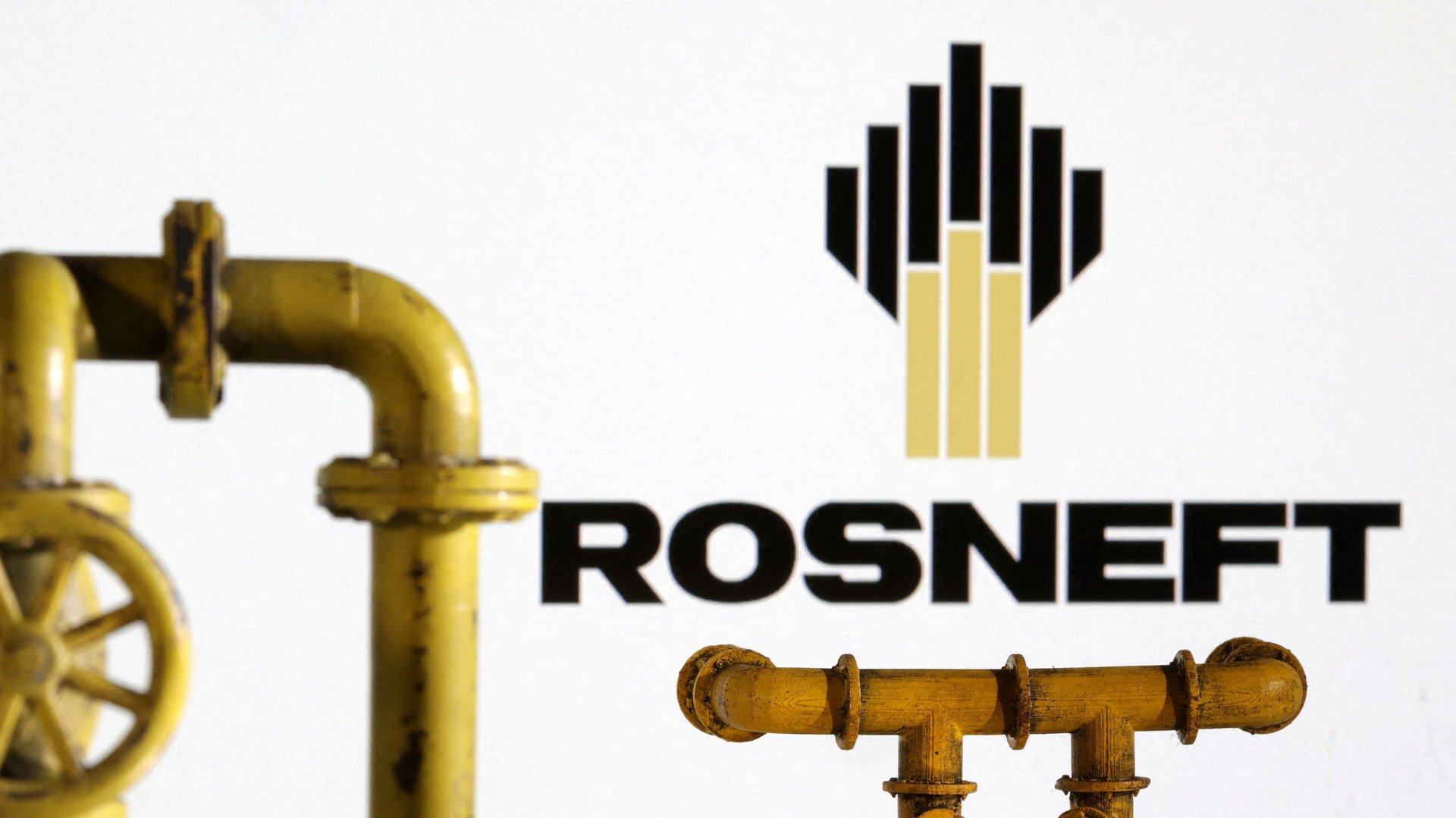Sanction-wary oil traders boycott an Indian refiner backed by Russia's Rosneft
India’s HDFC Bank and some foreign lenders stop extending credit.

Several global oil traders and banks have cut ties with Nayara Energy, India’s second-largest private refiner backed by Russian oil major Rosneft.
Amid fears of Western sanctions following the Russian invasion of Ukraine, trading firms and oil producers in Canada, Latin America and Europe have stopped selling crude to Nayara directly, Reuters reported yesterday.
Companies like Citigroup, Morgan Stanley, BNP Paribas, among others, too, have severed ties. In April, India’s HDFC Bank stopped trade credit to Nayara for overseas oil trade.
While Nayara hasn’t faced any sanctions, Rosneft does.
Nayara’s affiliation with Rosneft
Rosneft holds about 49% in Nayara, while the rest is owned by Kesani Enterprises, a consortium led by Trafigura Group and Russia’s UCP Investment Group.
The Indian refiner is now scrambling for supplies from West Asia and other countries to meet its 400,000 barrels per day production.
Since April, Russian oil’s share in Nayara Energy’s mix had risen significantly largely due to heavy discounts on Russian Urals and the quality of products. Owing to this, Nayara’s quarterly profit surged to a record $446 million in April-June.
With banks pulling the plug now, the Mumbai-based company, which accounts for 8% of India’s refining capacity, has been selling mostly within the country.
“Apart from honouring the long- and shorter-term contracts, our suppliers are also offering, and we pick up crude on a spot basis on competitive terms,” a statement from Nayara said yesterday (Aug. 24).
Besides, a weak Indian rupee and risky external accounts require local importers to hedge their currency exposures more than necessary, experts believe. This renders Nayara’s overseas trade commitments risky.
